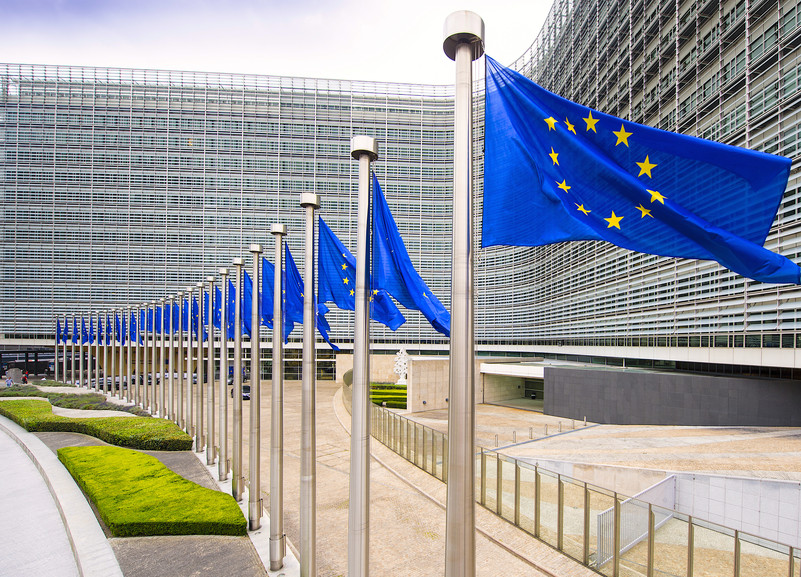The Gulf state dismissed the allegations of misconduct as “baseless and gravely misinformed”.
A top Qatari diplomat has expressed concern over the European Union’s handling of a corruption scandal, saying it could “negatively affect” conversations between the EU and Qatar on global energy security.
The statement comes amid developing reports over an alleged corruption case in the European parliament involving bribes to attempt to influence its policies, with allegations that Qatar and Morocco have attempted to pay EU lawmakers in order to influence opinions being at the heart of the issue.
Authorities in Brussels have arrested and charged four people and seized at least €1.5 million in cash early December at the homes of one current and one former MEP, as Belgian authorities said they were probing corruption and money laundering, as per a Financial Times report.
At first, six people were held in custody. According to prosecutors, two of which have been released and four have been charged. None of the parties involved have been named.
Qatar has been accused in various western media reports of being involved in the case. This came after the Belgian federal prosecutor’s office sent a media statement saying the police “suspected a Gulf country of influencing economic and political decisions of the European parliament.”
“This is done by paying large sums of money or offering large gifts to third parties with a significant political and/or strategic position within the European parliament,” an official privy to the matter told Reuters in an emailed statement.
“They are charged with participation in a criminal organisation, money laundering and corruption. Two persons have been released by the investigating judge,”the Belgian federal prosecutor’s office said in a statement, as quoted by AFP .
A judicial source told AFP that European parliament vice-president Eva Kaili is among the four.
Qatar has staunchly dismissed the allegations as “baseless and gravely misinformed”, maintaining that it has been unfairly singled out.
“Qatar categorically rejects any attempts to associate it with accusations of misconduct. Any association of the Qatari government with the reported claims is baseless and gravely misinformed,” Doha’s mission to the EU said in a statement early December.
“The decision to impose such a discriminatory restriction that limits dialogue and co-operation on Qatar before the legal process has ended, will negatively affect regional and global security co-operation, as well as ongoing discussions around global energy poverty and security,” the diplomat told the Financial Times, the report revealed on Sunday.
“Despite Qatar’s commitment to growing the partnership further, it is deeply disappointing that the Belgian government made no effort to engage with our government to establish the facts once they became aware of the allegations,” the official added.
The diplomat added that Qatar is not threatening to cut or reduce supplies of liquefied natural gas [LNG], nor politicise oil exports which European countries heavily rely on, rather that “to stop communication in the EU parliament this way limits cooperation.”
Qatar also slammed the allegations as “preconceived prejudices” against the Gulf country on Sunday, telling Doha News that “it is deeply concerning for those responsible for the leaks have neglected their commitment to justice and truth in pursuit of self-serving objectives.”
The statement comes after members of the European Parliament voted on Thursday to suspend Qatari representatives’ access to its premises, Euronews reported. The vote came after allegations against the Gulf state of bribery in an attempt to influence decision-making.
The diplomat also highlighted Qatar and Belgium’s close ties, including where the Gulf state stepped in to help during the Covid-19 outbreak and the energy crisis. Doha is a key supplier to Belgium with LNG.
Last year, Doha helped evacuate Belgians from Afghanistan amid the Taliban’s takeover. The Gulf state carried out history’s largest airlift of people and was praised globally, further proving its role as a reliable partner.
Two top EU officials expressed concern to the Financial Times that the scandal will harm relations with Doha, possibly harming the EU’s energy relations.
“Certainly, after the start of the war by Russia, Qatar played an important role for us . . . they helped us with gas,” said one. “Countries [such as Qatar] are in a position where they can choose who they work with.”
“I know that, because of what happened, it will have an effect. It will make the relationship much more difficult, much more tough. It is absolutely certain,” the official added.







